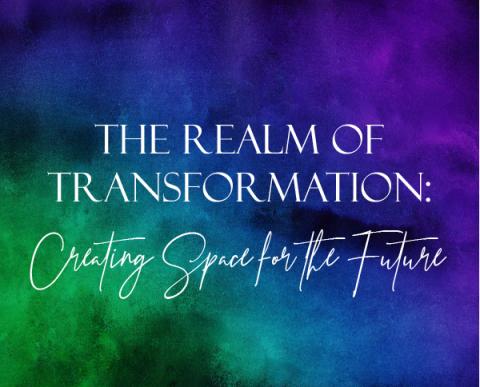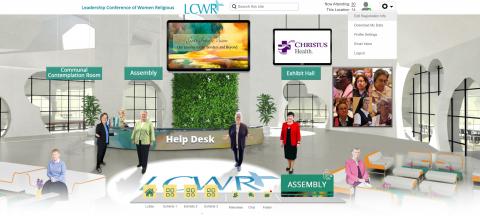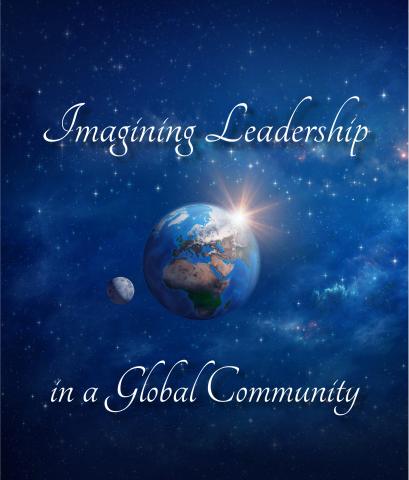Assembly Resolution
Resolution for 2019-2022
Creating Communion at the Intersection of
Racism, Migration & Climate Crisis
RESOLUTION
Reading the signs of the times from our desire to create communion, we, the Leadership Conference of Women Religious, affirm the interrelatedness of the justice concerns addressed by the LCWR Call for 2015-2022. We are heartbroken by the myriad ways our one human family and Earth, our common home, suffer from disconnection, indifference, violence, and fear in the face of racism, migration, and climate crisis. Responding to God who loves all of creation into being, we recommit ourselves to create communion and examine root causes of injustice. We particularly focus on the intersection of racism, migration, and climate crisis. We recognize a sense of urgency and pledge prayer, education, and advocacy. We will use our collective voice, resources, and power in collaboration with others to establish justice which reflects God’s creating love.
RATIONALE
We are committed to contemplative listening to the signs of our times and compassionate response to the cries of our brothers and sisters, and to Earth and its biosphere. In 2018 the LCWR membership pledged to go deeper into the critical work of recognizing racism as a systemic, structural cause underlying and contributing to the multiple situations of injustice identified in the LCWR Call. This resolution builds on the work undertaken in response to the commitments of previous assemblies and is consistent with the LCWR Call for 2015-2022.
SUGGESTED ACTIONS
- LCWR members are encouraged to use the contemplative process and social analysis to explore the intersection of racism, migration, and climate crisis as well as our own complicity as congregations, and to urge their social justice promoters to coordinate communication, share resources, and act in collaboration with other justice groups in their region.
- Congregations are encouraged to use their human and financial resources to help address the root causes of racism and forced migration, including migration caused by environmental destruction, through advocacy, service, impact investing, and other collaborative projects.
- Regions are encouraged to engage in conversation around an identified local, regional, national, or global issue rooted in the intersection of racism, migration, and climate crisis and to examine its effects, explore the underlying causes, formulate a common response, and report on strategic initiatives taken in pursuit of justice.
For the next three years the Global Concerns Committee will provide resources to the regions to facilitate the implementation of this resolution.



